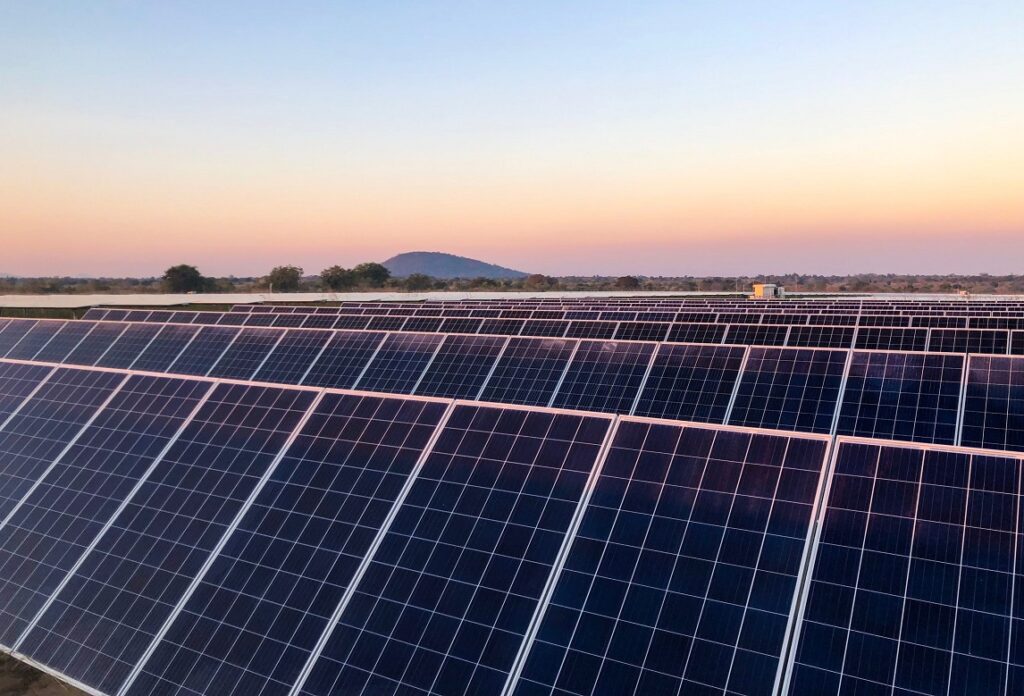The India Energy Storage Market is set to experience substantial growth, with a projected Compound Annual Growth Rate (CAGR) of over 10% from 2022 to 2028, according to a recent study by strategic consulting and market research firm Report Ocean.
Key Players and Market Dynamics
Major key players in the market include TATA Powers, Sterling & Wilson Solar, Websol Energy Systems, Targray, StatconEnergiaa, Urja Solutions, Sungrow, Vyomaa Energy, Fluence, Axis Electrical Components Pvt. Limited, Optimal Power Synergy India Pvt. Ltd., Fitzer Incorporation, Solar Turbines, Nextracker, Inc., Inaccess, Bloom Energy, among others.
Driving Factors and Growth Trends
The market growth is attributed to increased investments in the renewable energy sector and the implementation of energy storage systems (ESS) schemes. The rise in population, urbanization, and industrialization in India has led to a surge in energy storage demand, with various industries and plants using ESS during power shortages.
Meeting Energy Demand Challenges
Energy storage systems, particularly Battery Energy Storage Systems (BESS), address the challenges of frequent power cuts in many Indian cities, ensuring smooth workflow by delivering energy during shortages. The need to fulfill electricity requirements during peak hours further propels the demand for energy storage systems.
Addressing Rising Energy Demand
The increasing demand for energy in both developing and developed economies is a key driver for the India energy storage market. According to the National Energy Agency (NEA), energy demand is expected to increase by 50% by 2050. The favorable policies of the Indian government have encouraged major players like Tata Power, AES Corporation, and Mitsubishi Corporation to invest in grid-scale battery-based energy storage systems.
Challenges Amidst the Pandemic
While the market has witnessed positive trends, the COVID-19 pandemic has presented challenges. Disruptions in cross-border trade, lockdowns affecting raw material supplies, and a reduction in the workforce have impacted the energy storage market. However, companies are adapting by exploring alternative energy storage technologies to mitigate project delays and uncertainties.
Source:taiwannews.com.tw





